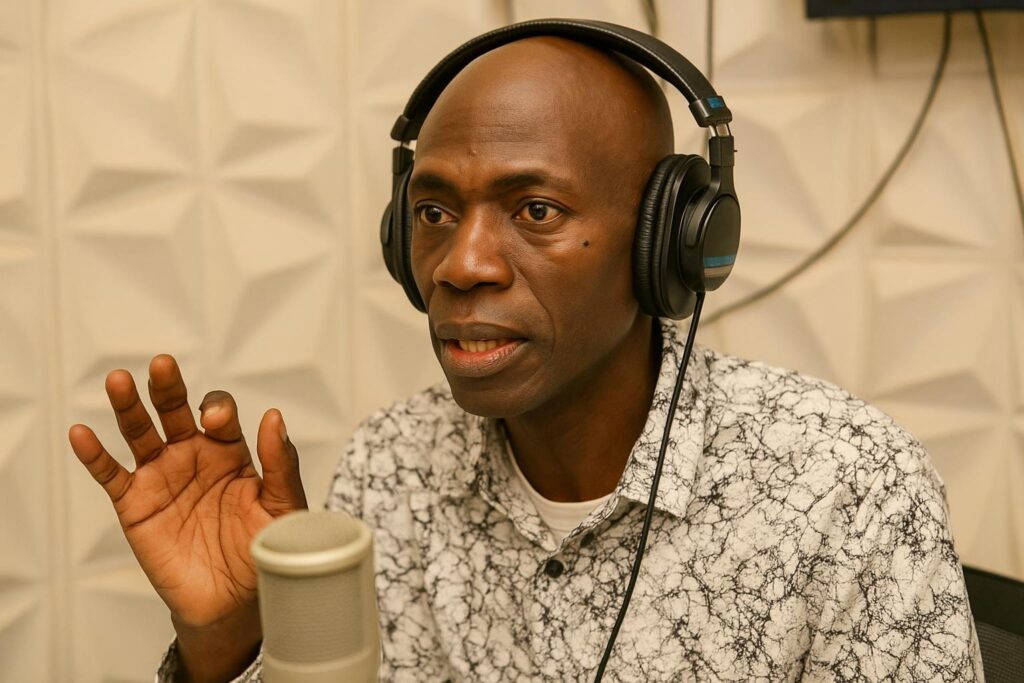A fragile state still healing
Western Equatoria has wrestled with recurring clashes since 2021. Tombura county, once a breadbasket, became an arena of displacement and fear. Local markets emptied, harvests shrank, and thousands fled. Observers say the humanitarian cost remains visible in crowded shelters and untended fields.
Arrival of top officials raises hope
Governor Alfred Futuyo and Deputy Governor Kennedy Ganiko returned to Yambio this week. Their joint appearance, celebrated by residents, signals a willingness to engage communities directly. “Leadership must be seen, not only heard,” notes analyst Grace Mario, pointing to previous absences that fuelled uncertainty.
Civil society’s message
Edmund Yakani, executive director of CEPO, welcomed the visit yet warned against complacency. He insists that peace, security and transparency form an inseparable triad. “Citizens deserve service-centred governance built on trust,” he told local radio, urging authorities to close ethnic rifts and work in harmony.
Security before humanitarian aid
Yakani advocates a joint field mission to Tombura. He argues that residents prefer stability over periodic deliveries of food or tarpaulins. Agricultural self-reliance, he says, returns only once farms are safe. Development partners echo that view, stressing protection of women, children and the elderly.
Transparency to rebuild trust
With state revenues limited, civil society presses for clear accounting. Yakani urges publication of budget figures and inclusive oversight committees. He believes open books encourage donors, deter corruption and demonstrate respect for taxpayers. “Transparency is the bedrock of legitimacy,” he asserts.
Space for collaboration
Advocates also request unfettered civic space. They argue that watchdog groups complement, rather than challenge, government. “Our role is to amplify community priorities,” says Yakani. Constructive dialogue between officials, chiefs and activists, he adds, can transform fragile calm into lasting peace.


